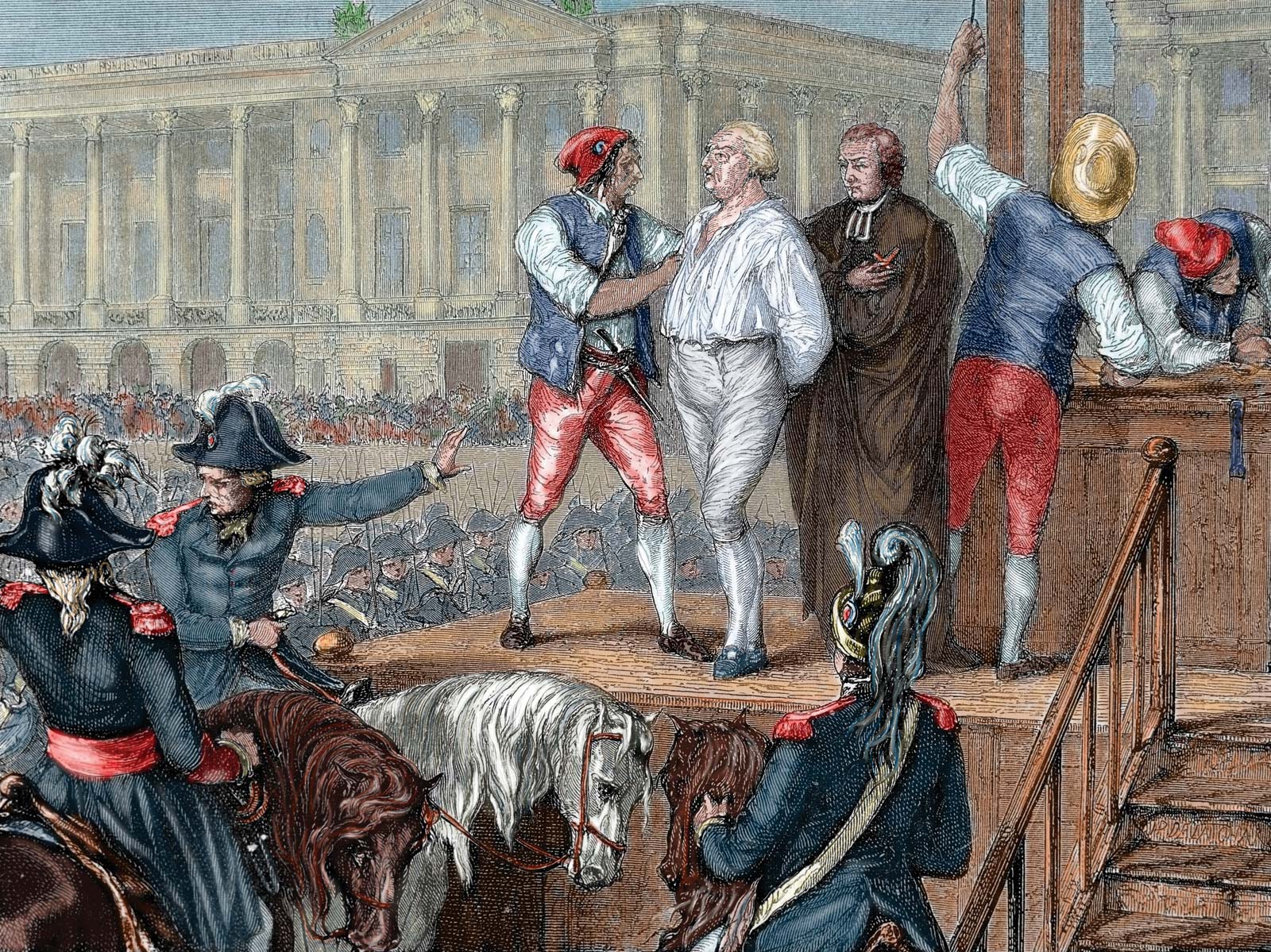5.1 Context of 18th-Century Politics
1 min read•january 13, 2023
Jillian Holbrook
AP European History 🇪🇺
335 resourcesSee Units
Economic Expansion
European commerce expanded and caused conflict as countries competed in a growing trade network! Through colonies in the Americas, European countries profited off cash crops, gold, and silver. Economic rivalry eventually led to global warfare.
Politics
In 1648, the Peace of Westphalia ended the Thirty Years’ War. Absolutist monarchs looked to centralize power. Challenges to this authority resulted in new political systems. By the 18th-century, Europe was full of new political ideas and tensions.
Britain emerged from the Glorious Revolution and asserted its power in Europe. England and Scotland were reunified in 1707 with the Act of Union to become Great Britain. William and Mary made the country more democratic by allowing the passage of the Bill of Rights, the Act of Toleration, and the Mutiny Act.
France lost out in its feud with Britain in the Seven Years’ War. However, 18th-century France was all about the French Revolution - which challenged pre-existing political and social order in Europe.
Napoleon Bonaparte used the chaos of the French Revolution as a springboard to power. He destroyed political balance in Europe sparking international reaction and conservative reconstruction.

Philosophical Values
The Enlightenment and Scientific Revolution that characterized European thought and culture were challenged by the emotional passion of war and rebellion. Nationalistic pride fueled a revival in feelings.
Browse Study Guides By Unit
🎨Unit 1 – Renaissance & Exploration
⛪️Unit 2 – Reformation
👑Unit 3 – Absolutism & Constitutionalism
🤔Unit 4 – Scientific, Philosophical, & Political Developments
🥖Unit 5 – Conflict, Crisis, & Reaction in the Late 18th Century
🚂Unit 6 – Industrialization & Its Effects
✊Unit 7 – 19th Century Perspectives & Political Developments
💣Unit 8 – 20th Century Global Conflicts
🥶Unit 9 – Cold War & Contemporary Europe
🚀Thematic Guides
📝Long Essay Questions (LEQ)
📆Big Reviews: Finals & Exam Prep

Fiveable
Resources
© 2023 Fiveable Inc. All rights reserved.